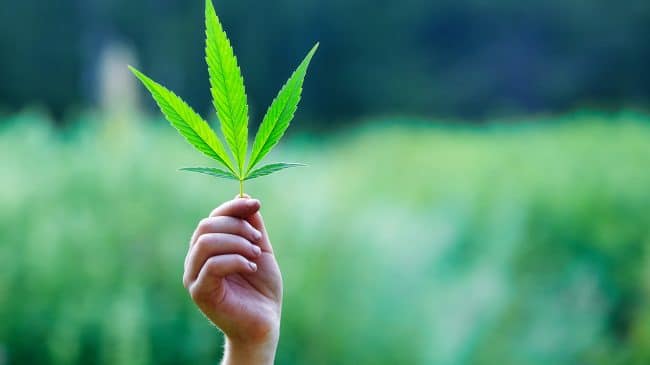News & Opinion
Some controversy surrounds the practice of prescribing medical cannabis to pregnant patients for alleviating morning sickness, with some health experts suggesting it may damage the health of the baby.
A standout high school football player who takes extremely low THC cannabis oil to prevent his seizures is being denied an athletic scholarship by the NCAA.
Illinois police claimed they would have to euthanize up to 275 police dogs if cannabis was legalized, which may be the worst argument ever advanced against legalization.
Drug Recognition Experts are in the best position to decide whether or not drivers are actively impaired by THC.
Legislation, Regulation, and Markets
Policymakers rethinking pot prohibition should be able to build a better roadmap for implementing forgiveness remedies for past marijuana crimes.
A Florida judge has ruled that the legislature’s ban on smokable cannabis is unconstitutional. Governor Scott appealed the ruling ten minutes after it was handed down.
Canada could be rushing the legalization process, as some are still concerned that driving and impairment laws are not ready to deal with legalization.
Some states are implementing capitalization requirements commonly imposed on banks and insurance companies on the cannabis industry, which doesn’t make economic sense and will likely harm the industry.
A Florida strip club owner is suing the state for the right to home grow medical cannabis.
Rhode Island is offering “step-down” drug treatment programs to inmates addicted to opioids, with early results suggesting the program is a big success.
Evidence
A new meta-study suggests that chemical compounds found in cannabis such as cannabidiol (CBD) may have therapeutic potential for treatment of insomnia and decrease nightmares from PTSD, but THC may impair long-term sleep quality.
The annual Marijuana Business Factbook reports that the cannabis industry currently employs roughly 125,000 – 160,000 full-time employees, with the potential to double in the next 5 years.
Given the weak evidence for a causal relationship between youth marijuana use and subsequent use of other drugs, policymakers should not be overly concerned about the brain chemistry gateway effect.
Decriminalizing marijuana and legalizing medical cannabis did not increase juvenile use.
Some have suggested that the recent increase in homelessness in Colorado and Washington is attributable to cannabis legalization, yet the data show the relationship is murky and unclear at best.

